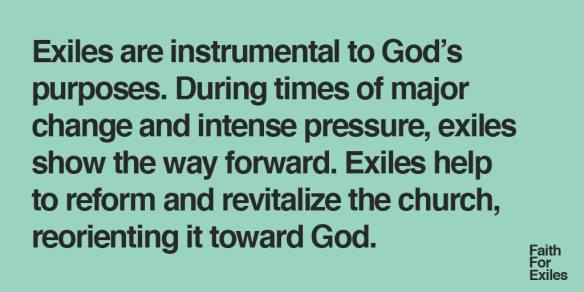
So what does this all have to do with the Gospel? (Remember the question from the first post in this series…can’t we just preach the love of Jesus??) To reiterate, “the Gospel” means different things to different people. But, according to Jesus, the Gospel (or Good News) is that the Kingdom of God is near.
And if we want to consider the values and corresponding behaviors of the Kingdom, then it would serve us best to look at the words of the King. So let’s look at a brief survey of Jesus’ words relating to power.
Shortly after Jesus sent out 72 of his followers (2 by 2), they returned with reports of casting out demons and healing people. Jesus responds to their reports with, “Look, I have given you authority over all the power of the enemy, and you can walk among snakes and scorpions and crush them. Nothing will injure you.”
Where the enemy had power (the ability to do something), he no longer has that power, because Jesus gives his followers power over the work of the enemy. We also see Jesus giving power to his followers so they can drive out impure spirits and heal every disease and sickness. After his resurrection, Jesus promises that we will be clothed with power from on high; which most agree is a reference to the gift of the Holy Spirit who comes later following Jesus’ ascension.
So for our conversation on power and equity, this quick survey through the story of Jesus shows us that the purpose of power in the Kingdom is to
- triumph over the enemy
- cast out unclean spirits
- heal disease
- be witnesses
- do good
- free people from oppression
And we see that Jesus is the power and the wisdom of God.
From all these examples, we can draw a conclusion that the receiving of power is not for the earthly benefit of the recipient. Instead, Kingdom power is for the benefit of those with no earthly power.
And now for an application:
When it comes to one particular segment of people who lack earthly power – those in poverty – this concept of Kingdom power is especially relevant. We tend to think that creating more feeding programs and fundraising programs and educational programs will fix the situation. We believe more programs will alleviate the issue of hunger in our society. But here’s the real problem:
People don’t stay poor for a lack of programs. People stay poor for a lack of power.
When you create a program, power resides with those who own the program. Until there is a sharing and repurposing of power within our society, the core deficiencies within our society will remain. Remember, we already have countless programs to fix the fish. Remember also that we are all swimming in a lake fed by the groundwater of inequality.
So how do you know if you are creating a program or providing true empowerment? There are two sentences that can help us understand the difference. The next time you are deciding how best to serve a particular group of people, consider this:
If you feel and act responsible for them, then you have the power. If you allow yourself to be accountable to them, then they have the power.
This can seem like only a slight difference, but it shifts the power dynamic entirely and will empower those beginning on the low end of the scale longterm.
This whole concept of shared power and equity (and the language used to explain it) might sound scary or even like propaganda to some. If that’s the case for you, I encourage you to pay attention to the tension. Why is it that these ideas and this language cause you to feel the way they do? Secondly, I’m not suggesting that we throw everything out entirely – our form of government, the current ways of carrying out commerce, etc. – and start over completely. I am suggesting, however, that we be honest about the distribution of power in our nation and the history that has intentionally led us here.
What would it look like if just the believers in Jesus were willing to walk through this discomfort and disruption together? What if we began to acknowledge and address the groundwater that runs through our communities and through our veins? I’m convinced that doing so would lead to a freedom from bondage we don’t even realize we are in until we have come out from under it.
So what do you say? How can we begin to pursue the freedom awaiting us on the other side of some disruption and discomfort? Let’s continue to do the work many others have been doing for generations of repurposing our power.
Special thanks to REI for their work and the role it plays in creating awareness around these issues!




